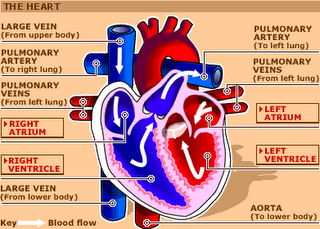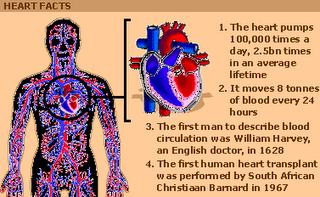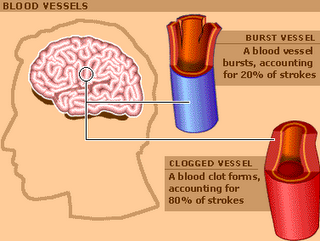How much does your heart cost ?
The researchers who came up with this estimate hope that the figure will spur improvements in stroke prevention and treatment, particularly in underserved populations.
For their analysis, reported in the journal Neurology, Dr. D. L. Brown, from the University of Michigan in Ann Arbor, and colleagues used data from two stroke surveillance studies and from the 2000 US Census. They added in the cost of ambulance services, inpatient hospitalization and rehabilitation, nursing home care, drugs and outpatient services. Also included were costs of informal caregiving, and potential lost earnings.
From now until 2050, they calculate, stroke treatment will cost $1.52 trillion among non-Hispanic whites, $313 billion for Hispanics, and $379 billion for African Americans. Corresponding per capita costs were roughly $16,000, $17,000 and $26,000.
"Lost earnings and informal caregiving were the highest two individual cost contributors in all race-ethnic groups," Brown's team notes, "constituting approximately half of the total costs."
Moreover, people ages 45 to 64 years account for approximately half the total costs, versus 10 percent for individuals age 85 and older, suggesting that "interventions to reduce the cost of stroke must therefore not solely be targeted toward the elderly."
By overcoming barriers to quality care for ethnic minorities, the team says, the incidence of strokes at earlier ages will decline, and costs of treating stroke in these populations will be reduced.
SOURCE: Neurology, online August 16, 2006.



